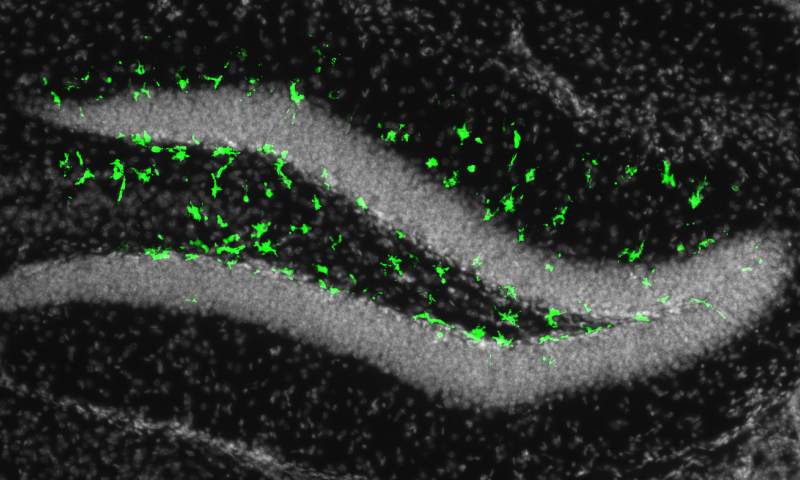(Medical Xpress)—It was a big year for research involving overall health issues, starting with a team led by researchers at the UNC School of Medicine and the National Institutes of Health who unearthed more evidence that replacing butter with vegetable oils is not beneficial for cardiac health—linoleic acid in the oils, they found, might be just as bad as fat in butter. Also, a team at the University of Warwick in England found evidence showing that eating more fruit and vegetables can substantially increase happiness levels—over a period of months.
And a team at Rush University Medical Center found that cinnamon converts poor-learning mice to good learners—which had implications for memory improvement in humans. A team with members from several institutions in Switzerland announced that the pomegranate had finally revealed its powerful anti-aging secret—they identified a molecule able to recycle defective mitochondria that was positively impacted by ingredients in the tasty fruit. And an international team of researchers found clear differences between organic and non-organic milk and meat—such as 50 percent more beneficial omega-3 fatty acids. Also, a team at the University of São Paulo found that fish oil pills reversed the effects of a fatty diet in mice.
A lot of work was done with infectious diseases, too, as a team at the Rockefeller University and La Jolla Institute for Allergy and Immunology found that Zika infections may affect adult brain cells—initial concerns mostly surrounded harm to babies in the womb. Also, officials with the CDC announced that the first 13 cases of a deadly fungal infection emerged in the U.S.—Candida auri had previously been seen in other countries, and it is still not clear how deadly it is.
There was also progress in better understanding Alzheimer’s disease and autism as a team with the Salk Institute found that cannabinoids removed plaque-forming Alzheimer’s proteins from brain cells—testing showed it lowered levels of the toxic protein amyloid beta. Also, zinc was found to reverse brain cell changes in autism by a team at the University of Auckland, offering hope of a means to treat some patients with the disorder. Another team of neuroscientists at MIT announced that they had found a way to reverse autism symptoms in mice by turning a defective gene back on. Another international team of researchers found a human-Neanderthal gene variance was involved in autism. And a team with members from several institutions in the U.S. announced that they had discovered an odor biomarker for Alzheimer’s disease in mouse models—it showed up in their urine during the earliest stages of disease.
There was news regarding treatment and prevention of cancer too as a team at Dalhousie Medical School published a report on the growing menace of HPV‑related throat and mouth cancers, which, because of the location, are difficult to spot. Also, a team at Queen Mary University of London reported on unexpected findings about how cancer spreads in the body, regarding how breakaway cancer cells survive the trip to other locations. And a team at the University of Leeds found that a cough virus kills liver cancer cells and the hepatitis virus—a reovirus that stimulates the body’s immune system into action. Also, a team of MIT biologists reported that amino acids, not sugar, supplied most of the building blocks for tumor cells—cell mass was not mostly glucose, as they had expected.
In other news, at team at Duke University found a key protein for spinal cord repair in freshwater zebrafish that may contribute in the future to repair human nerve damage. And a team at the University of Virginia School of Medicine discovered a shocking new role for the immune system—controlling social interactions by impacting such behaviors as a desire to interact with other people. Also, a team at the Salk Institute found that cellular reprogramming can reverse the signs of aging in human skin cells and mice with an aging disease. And a team at EMBL and University Pablo Olavide in Spain reported that they had discovered neural mechanisms in mouse brains that indicate that we actively forget as we learn—some memories are erased as part of learning, they found. And a team in Poland conducted experiments that showed narcissists may start out popular, but people see through them in the long run. Also, a team of researchers conducting a study for the Mayo Clinic found that a diabetes drug acts differently from previous theories—Metformin, they found, trigged an increase of glucagon rather than limiting its actions, as had been thought. And finally, a team with Albert Einstein College of Medicine made headlines by announcing that the maximum human lifespan has already been reached—gains have peaked, they claimed.

